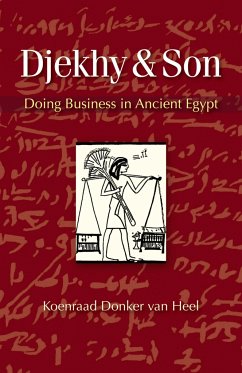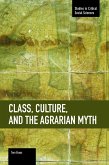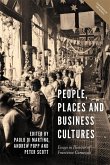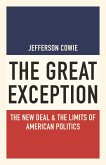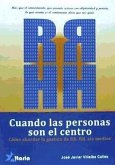Djekhy & Son, two businessmen living 2,500 years ago in the densely populated neighborhoods built around the great temple of Amun at Karnak, worked as funerary service providers in the necropolis on the western bank of the Nile. They were also successful agricultural entrepreneurs, cultivating flax and grain. In 1885, the German Egyptologist August Eisenlohr acquired a unique collection of papyri that turned out to be Djekhy's archive of mainly legal documents. Using this rich trove of evidence, augmented by many other sources, the author has painted a vivid picture of life in ancient Egypt between 570 and 534 bce, during the little-known Saite period. Approaching the subject from both business and personal aspects, he gives us a fresh look at some facets of ancient Egypt that have mostly been hidden from view-such as putting up one's children as security for a loan.
Hinweis: Dieser Artikel kann nur an eine deutsche Lieferadresse ausgeliefert werden.
Hinweis: Dieser Artikel kann nur an eine deutsche Lieferadresse ausgeliefert werden.

